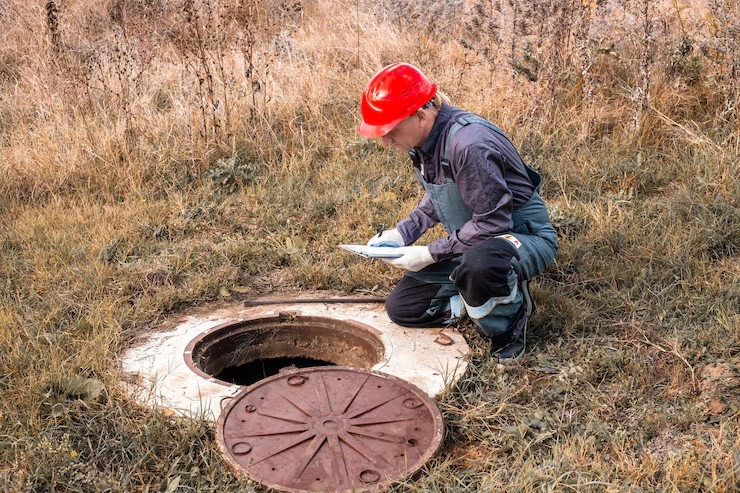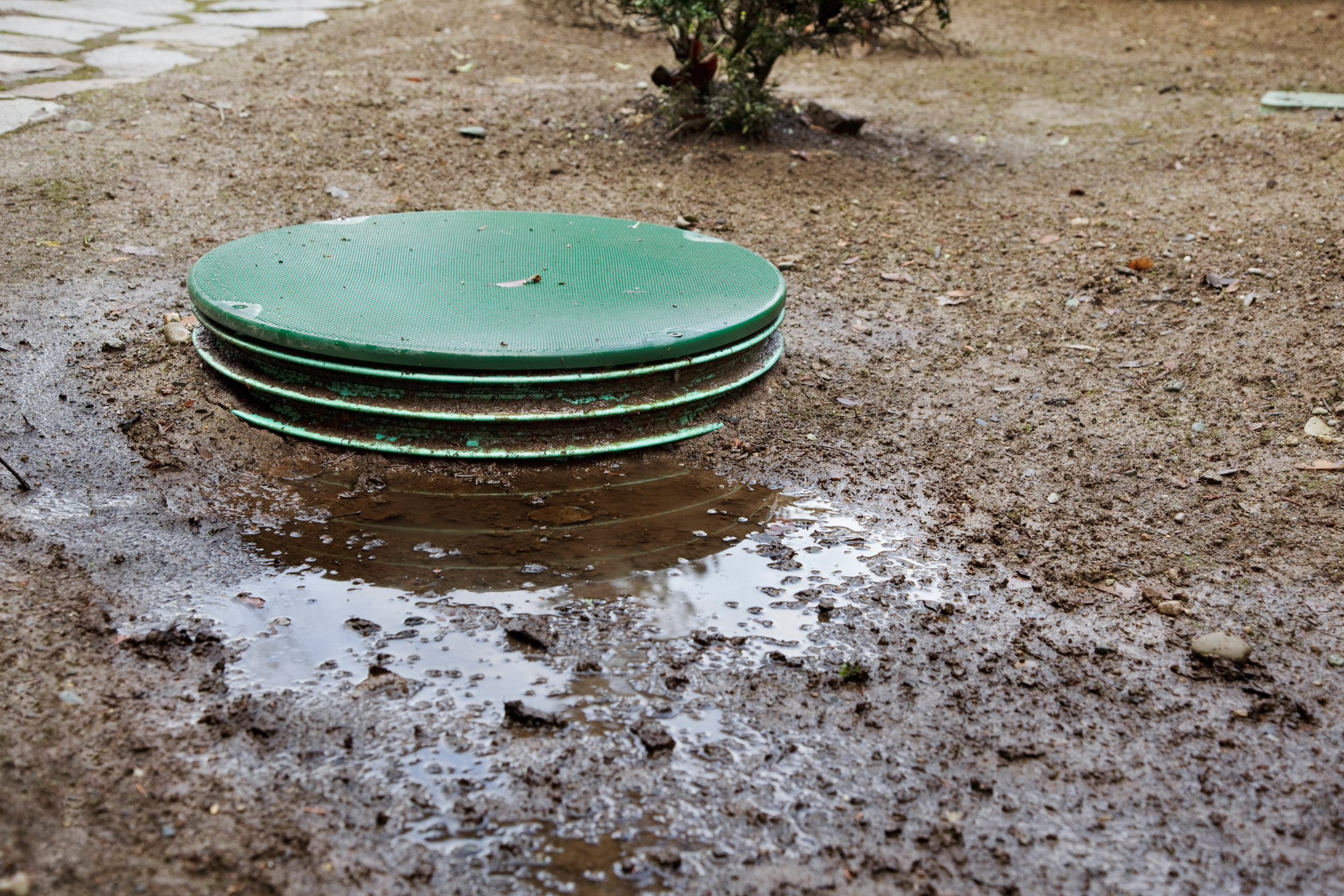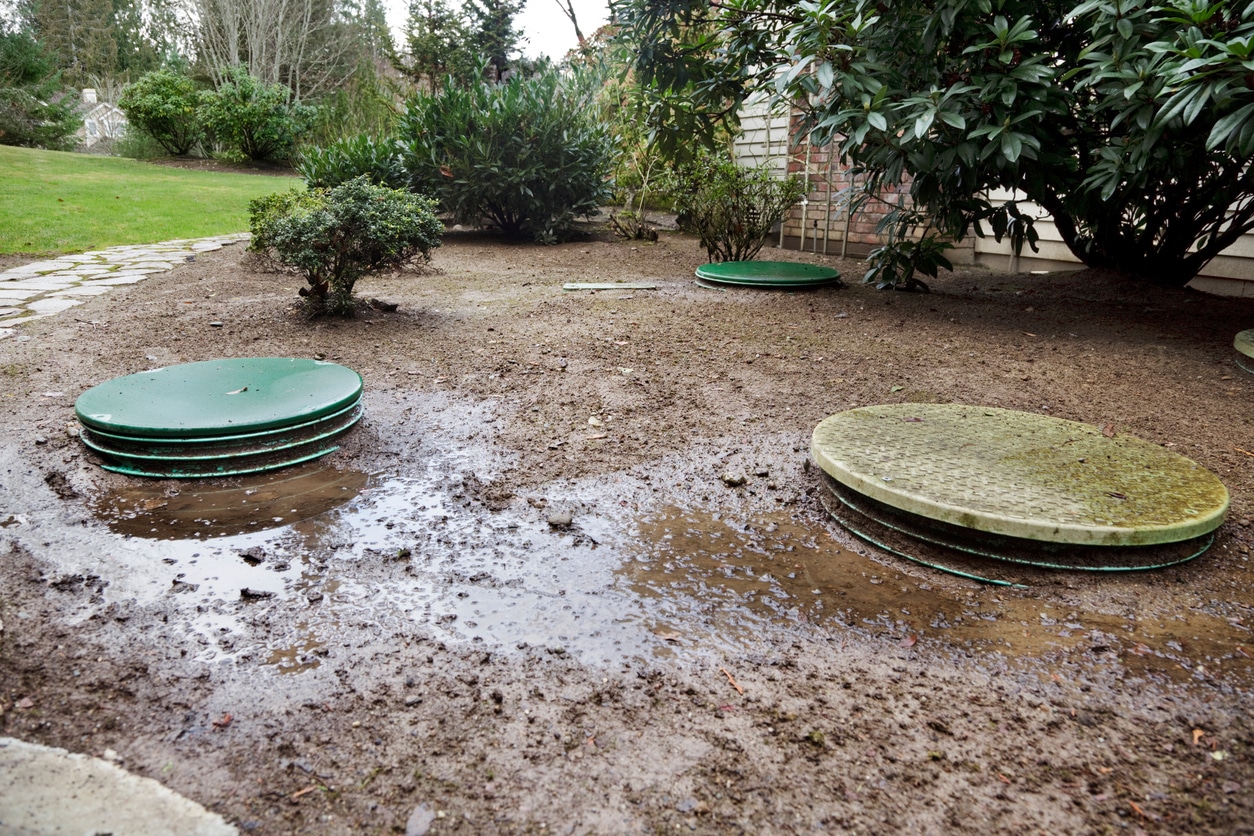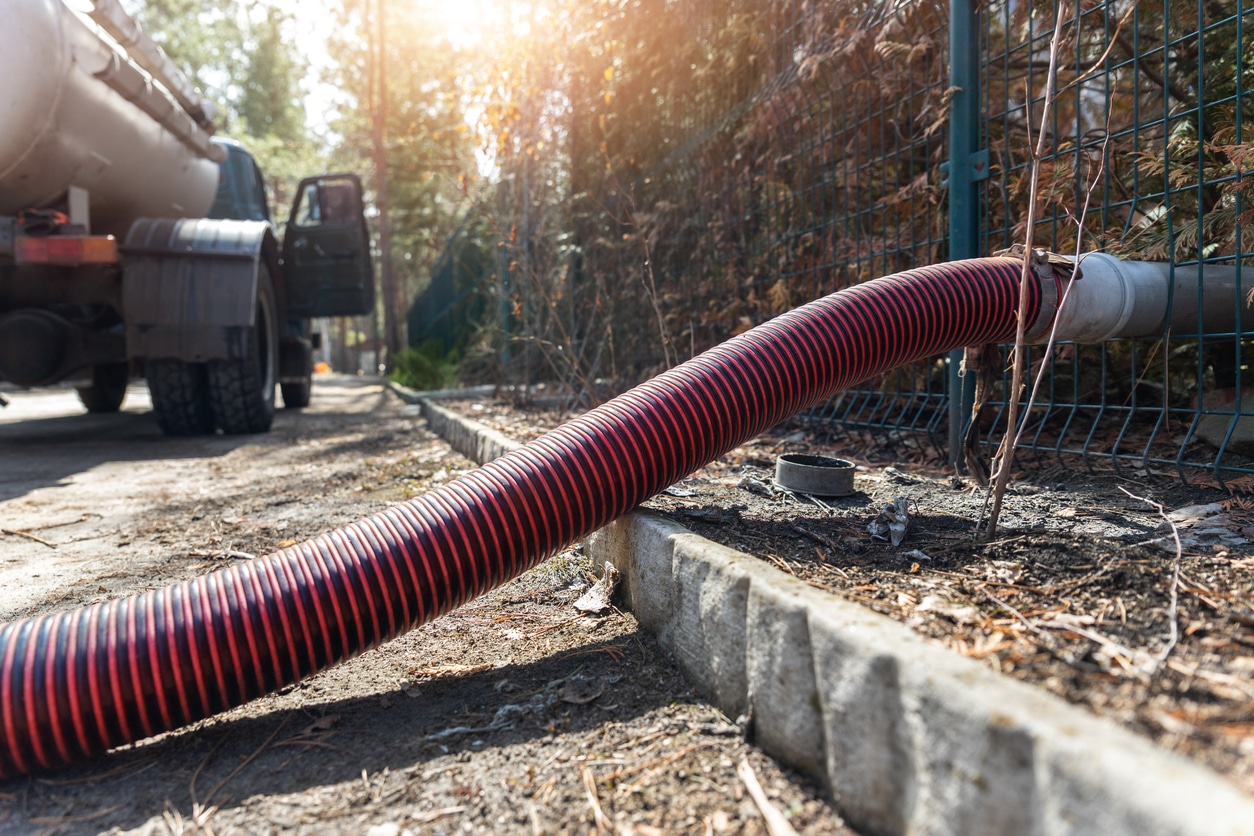
HERE FOR THE UNEXPECTED
Fast & Reliable Emergency Septic Service in Rochester, MN
Manthei Septic Tank Service provides expert and timely emergency septic repair across Southeast Minnesota, including communities in and around Rochester, MN. Our team knows how frustrating and stressful it can be to deal with a faulty septic system, which is why our crew is on standby 24/7 for when the unexpected hits. Whether you’re facing leaks, backups, foul odors, or pooling water, you can count on us for professional, prompt, and effective service.
In addition to fast repairs, we offer thorough diagnostic inspections to identify the root of the problem and prevent future issues. Our experienced technicians work quickly to assess your system and recommend the best long-term solution so you can get back to life as normal.
Signs of a Failing or Malfunctioning Septic System
It’s important to stay cognizant of your septic system’s condition so you can identify potential issues early before they result in expensive, long-term damage. Here are some of the most common signs of a failing or malfunctioning septic:
Not sure what’s going on with your system? Count on us for immediate inspection, repair, and peace of mind.

Septic Emergency FAQs

What to Do While You Wait for Septic Repair
The first step toward resolving a septic emergency is contacting experienced, qualified technicians. Once you’ve requested emergency service, take the following steps to protect your family, limit further damage, and help us address the issue more efficiently.

